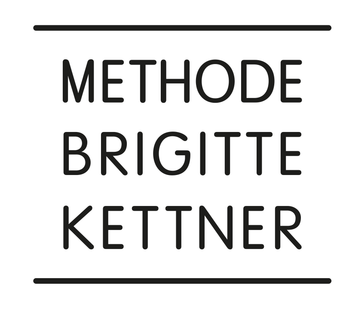Skincare must be personalized to your individual needs. This includes your skin type, chronic skin conditions, how your skin changes with the weather, your age, and even your hormonal changes. Our hormones ebb and flow over the years causing a variety of side-effects, including visible changes to our skin.
What Causes Hormonal Acne?
Many of us relate hormonal acne to puberty or the week prior to our menstrual cycle, but our hormone levels continue to fluctuate as adults. Most acne is caused by excess oil production, which slows the natural process of shedding dead skin cells, clogging your pores resulting in acne. Your skin naturally produces and secretes sebum, an oily lipid layer responsible for lubricating and moisturizing your skin. When your body produces too much testosterone, your skin will produce excess oil.
Hormonal acne in teenagers is often found on the forehead, nose, chin, and back. During menstruation acne is found in the same areas, and sometimes on the cheeks. As hormones shift in your early 30s and beyond, acne is more likely to be found on the cheeks and jawline—including painful cystic acne.
How To Address Hormonal Acne?
The first thing you must do is identify gentle skincare products formulated to treat acne-prone skin. Unfortunately, most over-the-counter products are harsh. They are designed to sting, tingle, and even burn so that you know they are “working”. Even when short-term improvement is achieved, over time these products damage your skin, often increasing acne and irritation.
However, your skincare products should never be painful. Acne-prone skin is sensitive, so identify products formulated from naturally derived ingredients. This includes products that contain salicylic acid, which assists your skin in naturally shedding the dead skin that is clogging your pores. You also want a toner to balance your skin’s pH levels and a daily moisturizer formulated to soothe and calm your skin. Gently exfoliate 1 to 3 times per week, use a deep cleansing mask, and consider microdermabrasion to minimize acne scarring.
Here’s what we suggest:
Step 1 Cleanse with our Purifying Cleansing Milk
Step 2 Rebalance skin with our Purifying Lotion Toner
Step 3 Nourish with a Serum designed for your skin type
Step 4 Moisturize with our Anti Blemish Cream or a condition-specific cream
Step 5 Use our exfoliating Terra Vita Clay Mask 2 to 3 times per week
How Menopause Affects Your Skin?
You aren’t alone if you are in perimenopause, menopause, or post-menopause and are experiencing acne. While also a type of hormonal acne caused by a decrease in estrogen, menopause comes with a few additional skin conditions, including:
- Acne
- Dry skin
- Itchy skin
How To Address Menopausal Acne?
Your collagen levels will also begin to drop during menopause, which will accelerate the rate at which your skin ages. You will lose elasticity and fine lines and wrinkles will become more prominent. So, you want to combine the acne care routine above with products formulated to boost natural collagen production, soothe your dry and itchy skin, and slow the rate at which fine lines and wrinkles progress. The MBK Age Reversal line provides the nourishing serums and hydrating creams your mature skin requires.
In addition to your skincare products, you may want to discuss hormone therapy with your physician. This isn’t just for acne, but for the whole-body side effects of hormonal imbalances.
